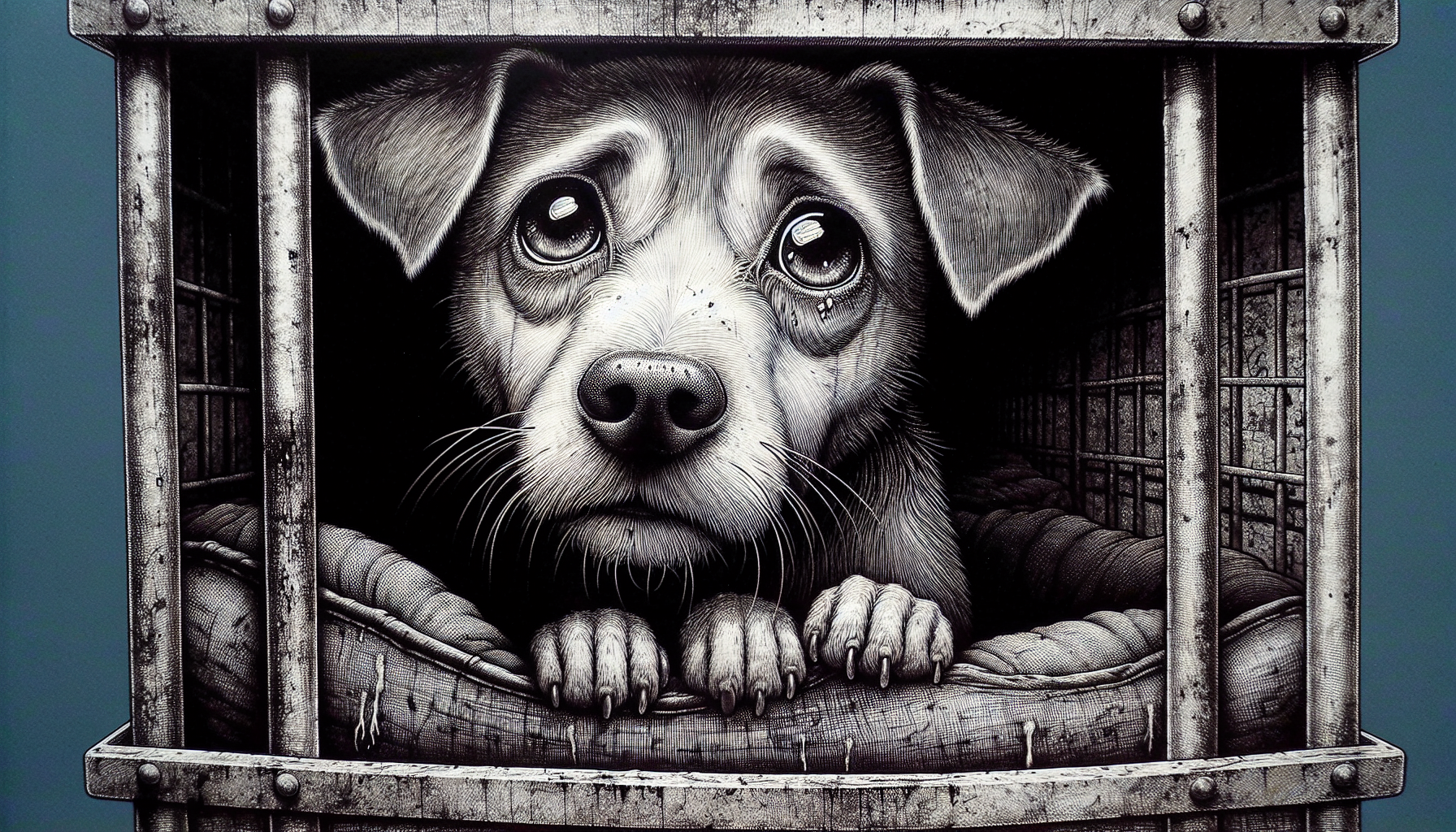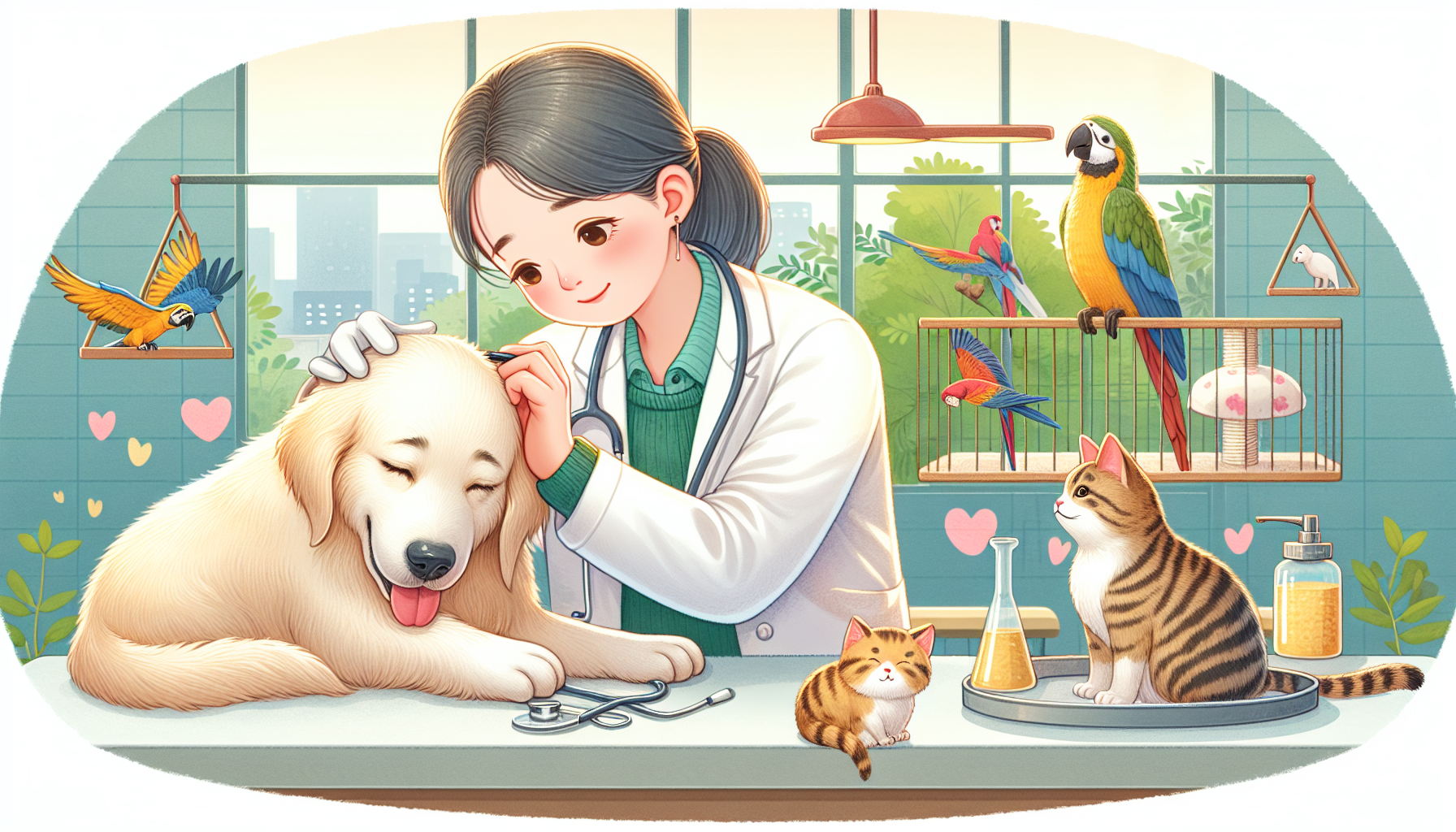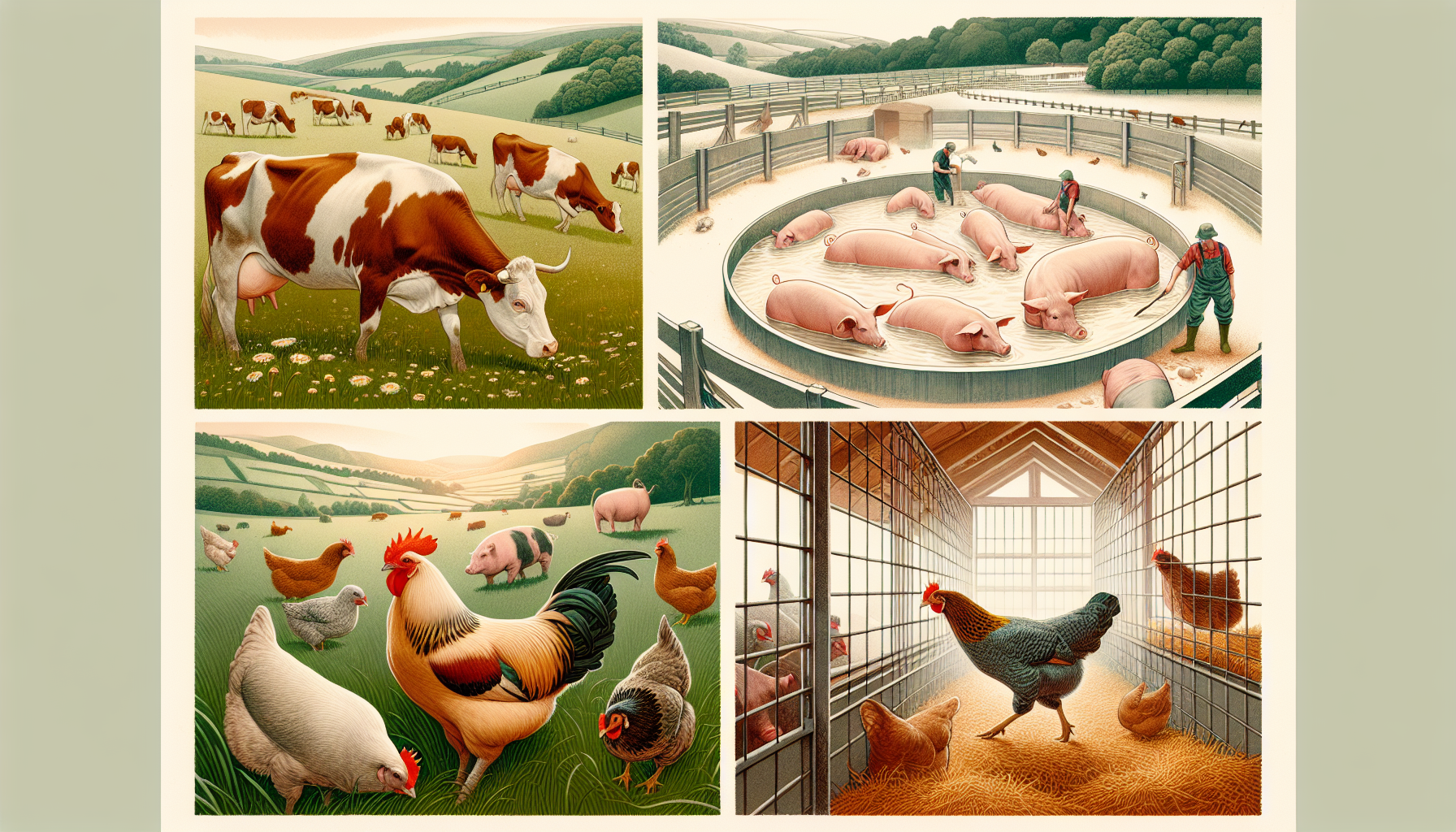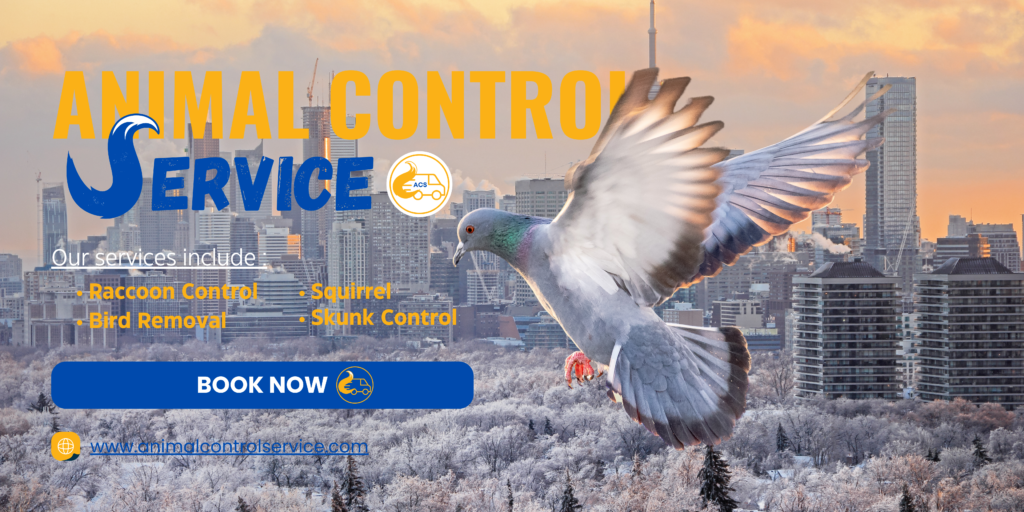The PAWS Act serves as the foundational framework for safeguarding animal welfare in Ontario. This piece outlines essential elements of the act, details on reporting instances of animal cruelty, and discusses the duties of inspectors within Animal Protection Ontario. It highlights assistance services and initiatives taken by communities to advance animal well-being.
Key Takeaways
- The Provincial Animal Welfare Services (PAWS) Act in Ontario provides a comprehensive legal framework to ensure animal welfare, including stringent provisions against cruelty and neglect, prohibition of puppy mills, and enforcement of animal care standards.
- Animal welfare inspectors are empowered with significant authority under the PAWS Act, enabling them to conduct investigations, make arrests, and seize animals in distress without a warrant, thereby improving the efficacy and speed of responses to animal cruelty.
- Support services such as the Ontario SPCA’s mobile wellness units and community outreach programs offer essential veterinary care and resources, catering to underserved communities and pet owners facing financial difficulties, thus enhancing overall animal wellbeing.
Understanding the Provincial Animal Welfare Services (PAWS) Act

Late in 2019, Ontario ushered in a groundbreaking development for animal welfare with the introduction of the Provincial Animal Welfare Services (PAWS) Act. This act laid down an extensive and sturdy legal structure aimed at advancing enforcement capabilities and elevating protective measures for animals throughout Ontario. By 2023, enhancements were made to this legislation ensuring its alignment with current needs and providing effective tools to address contemporary issues facing animal welfare.
One critical aspect of the PAWS Act is its conflict clause. It asserts that should any discrepancies arise between provisions of the PAWS Act and local by-laws, precedence will be given to whichever rule offers superior protection for animals. The merit of this provision is manifest in its assurance that regardless of differing regulations across jurisdictions, animals are consistently afforded maximum care and safeguarding.
Serving as a fundamental framework within provincial animal welfare services is indeed the very essence of the PAWS Act. It propels initiatives focused on shielding animals from mistreatment or neglectful circumstances. A deep understanding of what this statute entails—and how it manifests—is crucially important not only for those actively engaged in upholding these standards, such as inspectors or veterinarians, but also for concerned individuals who occupy roles outside direct implementation, such as community members vigilant about proper treatment of all living creatures or advocacy collectives dedicated to championing their wellbeing.
Overall, grasping both functionalityand implications enshrined withinthe statutes administered underthe auspicesoftheprovincialanimal welfareservicesviatheprotectionsthatthislandmarklegislation—TheProvincialAnimalWelfareServices(PAWS)Act—equips uswithasturdyfoundationtocontinuallyuphold,respect,andadvanceintegrityandreverencewithinourinteractionsconcerningallformsofanimalinhabitantsresidingacrossthissizeableterrainknownasOntario.
Key Provisions of the PAWS Act
The PAWS Act outlines several key provisions designed to protect animals and ensure their wellbeing. Compliance with mandatory standards of care and administrative requirements is non-negotiable, with specific guidelines set out for the proper treatment and handling of animals. Some of the key provisions include:
- Prohibiting owners from allowing their animals to be in distress
- Outlining clear standards for animal care to prevent distress
- Setting guidelines for the proper treatment and handling of animals
These provisions are in place to protect animals and ensure their wellbeing, safeguarding each animal’s life.
The Act also regulates the possession and breeding of prohibited animals, ensuring that those who pose an undue risk to human safety or cannot be humanely kept in captivity are managed appropriately. Additionally, the PAWS have been created. The Act strictly prohibits the operation of puppy mills, imposing severe penalties for violations, including the potential for each breach to be treated as a separate offence.
Penalties for non-compliance with the PAWS. The laws are stringent, including prohibition orders against owning or having custody of animals and financial penalties that must be paid within 30 days of a contravention being found. These measures are designed to deter animal abuse and ensure that those who mistreat animals are held accountable.
How the PAWS Act Impacts Animal Cruelty Investigations
The PAWS Act significantly empowers provincial animal welfare inspectors in Ontario. It enhances the effectiveness and efficiency of animal cruelty investigations by granting inspectors extensive powers, including:
- The ability to arrest individuals without a warrant
- The authority to enter places if they believe an animal is in critical distress
- The power to seize animals or related items without a warrant if an offence is suspected
These powers enable inspectors to take swift action in cases of animal cruelty and ensure the welfare of animals in Ontario.
These powers enable inspectors to:
- Act swiftly and decisively in cases of animal cruelty, ensuring that animals in distress receive immediate attention and care
- Seek warrants via telecommunication when appearing personally before a justice is impracticable, allowing for rapid response in urgent situations
- Conduct tests, take measurements, and make photographic records once inside a place, providing comprehensive documentation for investigations.
By enhancing the tools and authorities available to inspectors, the PAWS Act improves the overall process and effectiveness of animal cruelty investigations. This ensures that animal welfare services can respond to reports of cruelty with the necessary speed and thoroughness to protect animals and bring offenders to justice.
Reporting Animal Cruelty in Ontario

It is essential for the protection of animals to report any instances of animal cruelty. The PAWS Act in Ontario establishes a straightforward method for reporting these offenses. It’s vital that anyone who sees or believes there might be an instance of animal mistreatment contact the authorities right away at 1-833-9ANIMAL (926-4625).
By making such a report, you contribute not only to the safety and well-being of the specific animal involved, but also support broader initiatives aimed at preventing abuse and neglect. Timely intervention by provincial animal welfare inspectors can result from your prompt action, which could save lives and ensure those responsible for harm are held responsible.
What Constitutes Animal Cruelty?

The term “animal cruelty” refers to any act or omission that leads to unnecessary pain or distress for an animal, and it is troublingly present with ongoing instances. It spans a spectrum of harmful behaviors including physical abuse, neglect, as well as incidents involving animal attacks. Within the scope of the PAWS Act, operating a puppy mill constitutes a specific form of animal cruelty where dogs are bred in deplorable conditions without proper care leading to severe issues like heavy matting, visible parasites on their bodies, or extreme undernourishment.
When animals don’t receive essential health services, when they’re deprived of sufficient food and water supplies or housed in filthy environments—each represents different aspects of cruel treatment. Recognizing these indicators is crucial so we can take prompt action by reporting suspected cases of abuse against animals.
Immediate Danger Situations
Urgent action is imperative to safeguard an animal from severe injury when faced with immediate danger, especially in instances where animals are confined within a vehicle under extreme temperatures. In Ontario, legislation empowers designated individuals to inflict necessary damage on a motor vehicle if doing so is essential for alleviating the distress of an unattended animal inside.
Such predicaments are grave. Animals trapped in either hot or cold vehicles may be subjected to dire injuries or could perish as a result. It’s vital that one acts quickly to fend off unnecessary suffering. Knowing what legal measures can be taken enables people to step in decisively and protect these vulnerable creatures from harm.
Role of Provincial Animal Welfare Inspectors
The role of provincial animal welfare inspectors in Ontario is pivotal for the execution and enforcement of the PAWS Act, with their primary aim being to protect animals. These individuals are tasked with:
- Implementing inspections
- Addressing reports of concern
- Pursuing investigations
- Educating on optimal practices in relation to animal care
Their contributions are essential for maintaining high standards within the sphere of animal welfare and confronting instances where cruelty or neglect has occurred.
Guidance from the Chief Animal Page Inspector is a necessity for these inspectors, ensuring uniform application and adherence to what’s stipulated by the PAWS Act. Their status as peace officers under this act provides them with unique authority needed to perform their duties effectively — ultimately enhancing their ability to defend animals’ rights.
These authorities not only enforce regulations, but also work closely with local police forces and various other agencies, guaranteeing that all aspects of animal protection and wellness are addressed. Responsibilities handled by these inspectors include:
- Employing force when mandatory in defense of animals
- Engaging communicative measures necessary for collecting data and evidence related to cases
- Preserving overall welfare
Such measures underline their commitment to foster an environment attentive both to how animals are cared for as well as understanding behaviors exhibited by different species under varying circumstances.
Training and Expertise of Inspectors
Individuals tasked with inspecting animal welfare must partake in dedicated training courses designed to furnish them with the necessary abilities and understanding imperative for their role’s successful execution. These educational programs encompass a broad spectrum of subjects, such as legal frameworks, standards of animal care, and methods of investigation. Inspectors are expected to comply with an exacting ethical code that assures they execute their duties with uprightness and adept professionalism.
Possessing specialized expertise is vital for these professionals to carry out key functions which include:
- Executing comprehensive investigations
- Judging situations regarding animal care astutely
- Appraising circumstances accurately
- Implementing suitable measures both for safeguard sofanimals’ well-being and enforcement of related statutes
Such proficiency is derived from their extensive training, which empowers them to undertake these responsibilities effectively.
Challenges Faced by Inspectors
Animal welfare inspectors play a crucial role in safeguarding animals, yet they face numerous obstacles. Insufficient resources can greatly hinder their capacity to swiftly and effectively act upon incidences of animal cruelty. Due to these limitations, inspectors are sometimes forced to triage incidents, which might result in slower responses for cases that are less critical but Significant.
External pressures and judicial barriers contribute additional difficulties for those charged with protecting animal welfare. Obtaining warrants requires convincing the court there is credible evidence of animal mistreatment—this prerequisite can postpone vital actions needed by the inspectors. These individuals often experience psychological distress as an inherent aspect of their role involves exposure to upsetting circumstances involving animals’ suffering.
Support Services for Animal Wellbeing

Essential services that contribute to the well-being of animals are integral parts of animal welfare services at the provincial level. These encompass providing veterinary care, adoption opportunities, and support for pet owners who have low incomes or are elderly in taking good care of their pets. According to the PAWS, that is the case. Act, it’s incumbent upon an animal’s keeper or owner to cover expenses associated with easing any distress experienced by an animal, thereby ensuring all animals receive requisite attention.
If someone is found guilty of violating stipulations laid out in the PAWS Act, they may be ordered by a court to compensate for expenses related to caring for affected animals. Such measures help prevent shifting financial responsibility onto those establishments dedicated to offering assistance and caring for these creatures.
Indeed, crucially important is sustained provision from support services designed for upholding both general welfare as well as health amongst animals – enabling them access not only timely medical interventions but also foundational necessities including sustenance and appropriate living accommodations when necessary.
Ontario SPCA Mobile Animal Wellness Services
Mobile animal wellness services, operated by the Ontario SPCA, extend vital veterinary care and provisions to communities that lack such resources. These traveling units offer various assistance which includes:
- Routine veterinary attention
- Immunization programs
- Sterilization procedures (spay/neuter)
- Provision of essential pet supplies including nourishment and flea control products.
These initiatives have a significant effect throughout numerous localities within Ontario, enhancing access to veterinary services for pet owners who may struggle with affordability. The direct delivery of these essentials by the Ontario SPCA is instrumental in guaranteeing comprehensive care for animals across underserved areas.
Community Outreach Programs
Support services for animal welfare often include community outreach initiatives. These endeavors provide assistance such as pet food banks, veterinary care support, and temporary foster care to help pet owners who are struggling financially.
In urgent situations where pet owners cannot look after their animals—like during a hospitalization—the provision of temporary foster care is especially crucial. By offering assistance with veterinary costs, these programs make sure pets get the essential treatments they need regardless of their owner’s financial situation, thereby preventing neglect and suffering.
Advocacy and Calls for Change
Advocacy holds a central role in promoting animal welfare services in Ontario. Organizations like the Ontario SPCA and Humane Society are at the forefront of efforts to enforce existing laws and introduce new initiatives aimed at protecting animals. These efforts include lobbying for increased funding, mandatory training for inspectors, and greater transparency in operations.
Challenges in advocacy include limited resources, lack of public awareness, and enforcement issues. Advocates call for increased funding to ensure that animal welfare services have the necessary resources to conduct thorough investigations and provide comprehensive care. Moreover, mandatory training for inspectors on emerging technologies and advanced animal care techniques can enhance their effectiveness in the field.
Transparency and Accountability
Building trust with the public in animal welfare services requires a foundation of transparency and accountability. As unease rises over decisions made behind closed doors and the scarcity of available data, there is an increasing call for clear openness within this sector.
The integrity of animals who provide care can be substantially strengthened by enacting strategies such as consistent audits, publicly disclosing inspection outcomes, and enforcing strict sanctions against improper actions. Engaging the public via community monitoring organizations and open channels for reporting plays an essential role in sustaining ongoing scrutiny and upholding stringent levels of responsibility within the realm of animal welfare.
Enhancing Resources and Training
Improving the resources and training available to animal welfare inspectors is vital in strengthening their capability when carrying out their duties. Presently, there are deficiencies in existing training curriculums with regards to specialized segments on legal processes and enhanced methods of animal care, both critical for comprehensive investigative work.
By channeling additional support into animal welfare services, a number of benefits can be realized.
- Bolster community engagement activities
- Promote greater public awareness regarding issues related to animal welfare
- Enhance the allocation of funds towards sophisticated tools like thermal imaging cameras that boost inspectors’ performance and proficiency.
Protecting Agricultural Animals

The PAWS Act guarantees proper care and protection against mistreatment for animals used in agriculture. It recognizes the exemption of those who engage in agricultural activities that adhere to widely accepted and sensible standards of animal care, yet it establishes distinct benchmarks for individuals who do not comply with these norms.
To safeguard the wellbeing of animals involved in farming, routine inspections are conducted, health documentation is kept under surveillance, and mechanisms for undisclosed reporting of cruelty have been put into place. These initiatives confirm the humane and ethical treatment accorded to animals within the scope of agricultural operations.
Proper Care and Administrative Requirements
It is imperative that agricultural animals receive the appropriate level of care, which includes access to sufficient food, adequate shelter, and necessary medical services. When such an animal dies and there’s a danger it might decompose, ownership automatically transfers to the Crown in right of Ontario. This transfer ensures these situations are handled appropriately as per established guidelines while also safeguarding public health and impeding disease transmission.
There are strict regulations for animals classified as prohibited due to their inherent risks to human safety or because they cannot be kept safely under captive conditions. Such animals must be correctly identified and controlled so that they don’t present hazards either to humans or other creatures within the community. By enforcing these regulations, we strike a delicate balance between optimizing agricultural productivity and upholding humane treatment standards for all animals.
Addressing Animal Abuse in Agricultural Settings
It is imperative to combat animal abuse in agricultural settings to uphold the standards of animal welfare and adhere to ethical farming practices. Effective strategies for recognizing and stopping such mistreatment comprise:
- Conduction of frequent audits concerning living conditions.
- Oversight of records detailing the health status of animals.
- Provision of educational programs for agriculture workers on appropriate care techniques.
- Enforcement of stringent guidelines governing the management and movement processes involving livestock.
- Immediate attention to any indicators suggestive of negligence or harsh treatment.
Adopting these initiatives contributes significantly toward upholding exemplary levels within the realm of animal caregiving, while ensuring immediate action against potential abuses.
To discourage maltreatment effectively, it’s critical that there are enforcement measures like monetary penalties, withdrawal permissions, or even legal prosecution available as deterrents against offenses pertaining to animal well-being. The introduction into play of an anonymous tip system can empower witnesses with a way to voice concerns over presumed malpractices without apprehension about backlash—enhancing protective cover around farm-residing creatures. Such holistic approaches lay down a robust infrastructure committed to preserving animals’ rights amidst agricultural proceedings.
Community Involvement in Animal Protection
Involvement from the community is critical to the success of animal protection efforts. By engaging individuals in actions that promote animal welfare, not only does it help increase awareness, but it also cultivates a mindset of empathy and responsibility towards animals among the public. Various volunteer opportunities offered by local organizations working for animal advocacy include:
- Providing care and food for animals
- Taking part in walks and exercise routines for animals
- Ensuring cleanliness and upkeep of shelters housing animals
- Helping out during events aimed at finding homes for adoptable pets
-that Their cause through fund-raising activities or event coordination.
-Educating others within the community about how to treat these creatures with respect.
These avenues allow people to make a hands-on contribution toward enhancing conditions for local wildlife populations.
By dedicating time as volunteers, individuals can give invaluable support by performing tasks related directly to looking after defenseless beings: from routine daily chores necessary at shelters holding these charges. Alongside helping behind the scenes on various administrative responsibilities. Even participating when special occasions arise, calling for extra revenue streams such as charity drives. In conjunction with this practical work, educational outreach campaigns are designed purposefully so they impart important lessons regarding prevention strategies against behaviors harmful toward our non-human companions & lobby vociferously for those rights which should be theirs invariably—often manifested via classroom interactions plus workshops complemented efficiently today through channels provided courtesy digital platforms reaching broad swathes within society.
Community service initiatives are crucial—they provide life-saving aid including distribution centers offering nutritious meals tailored specifically for pet consumption while providing assistance targeting caretakers ensuring no creature goes without proper levels due to professional personal circumstance constraints, etc. Engaging here makes tangible difference lives affected incredibly positively both recipient flora fauna alike!
Volunteer Opportunities
Volunteering with local animal protection organizations provides community members a significant avenue to contribute to animal welfare. Roles for volunteers can include assisting in animal shelters, participating in community educational programs, and helping with administrative tasks. These activities provide personal satisfaction, opportunities for skill development, and the chance to make a meaningful impact on animal welfare.
Volunteers often serve as the backbone of animal protection efforts, providing the manpower needed to care for animals, manage organizational tasks, and engage with the community. Their contributions are invaluable in ensuring that these organizations can continue their vital work.
Educational Campaigns
Campaigns centered around education are vital in fostering an environment that supports animal welfare and thwarts abuse. They strive to:
- Heighten awareness among the populace
- Influence a shift in societal attitudes
- Dispense knowledge pertaining to the rights of animals
- Encourage ownership of pets that is cognizant of their needs
By directing these initiatives at pet owners, academic institutions, and those within farming circles, there’s assurance that discussions on animal well-being permeate various demographics.
Techniques employed by these campaigns include:
- Conducting educational workshops
- Distributing informative brochures
- Engaging communities via social media platforms
- Teaming up with influential local figures and groups
- Creating demonstrative video content
- Establishing interactive web-based resources
Such proactive endeavors have conspicuously enhanced consciousness about animal care throughout Ontario.
Summary
In Ontario, the PAWS Act is a landmark piece of legislation designed to significantly improve animal welfare by establishing stringent rules and enforcement measures that safeguard animals against abuse and neglect. At the heart of this are provincial animal welfare inspectors who are pivotal in applying these regulations, bolstered by an array of support services along with initiatives that encourage community participation.
There’s ongoing advocacy focused on enhancing animal welfare services to reinforce their capabilities through better resources, training programs, and greater transparency. The protection afforded to farm animals as well as fostering public engagement form vital elements in a comprehensive strategy for animal care. These collective endeavors contribute greatly towards maintaining Ontario’s position at the forefront of championing superior standards for animal treatment and wellbeing.
Frequently Asked Questions
How can I report animal cruelty in Ontario?
To report animal cruelty in Ontario, simply call the Provincial Animal Welfare Services at 1-833-9ANIMAL (926-4625).
What are the key provisions of the PAWS Act?
The PAWS Act encompasses essential regulations such as compulsory care standards, a ban on causing distress to animals, oversight of certain prohibited animals, and the imposition of sanctions for failing to comply with these rules.
What powers do provincial animal welfare inspectors have?
Animal welfare inspectors at the provincial level are empowered to take several actions without a warrant: they can apprehend individuals, gain access to premises where there is an animal in distress, and confiscate animals or associated property when they suspect an offence has occurred.
These authorities granted to them are crucial for efficiently intervening in situations of suspected animal cruelty and neglect.
What support services are available for animal wellbeing in Ontario?
Ontario offers a range of assistance services to promote animal welfare, which encompass veterinary care, support for fostering initiatives, and aid for pet owners with limited income or elderly individuals. There are community engagement efforts like distributing food through pet food banks and arranging short-term foster arrangements.
The objective of these provisions is to ensure that the essential needs for animal wellbeing throughout the area are met effectively.
How can I get involved in animal protection in my community?
In your community, you have the opportunity to engage in animal protection by dedicating some of your time as a volunteer with organizations focused on the welfare of animals and by backing programs that reach out to educate and support within the local area.
